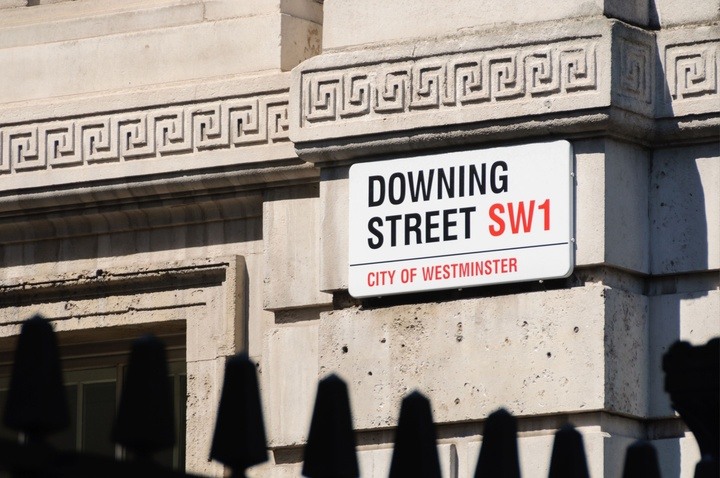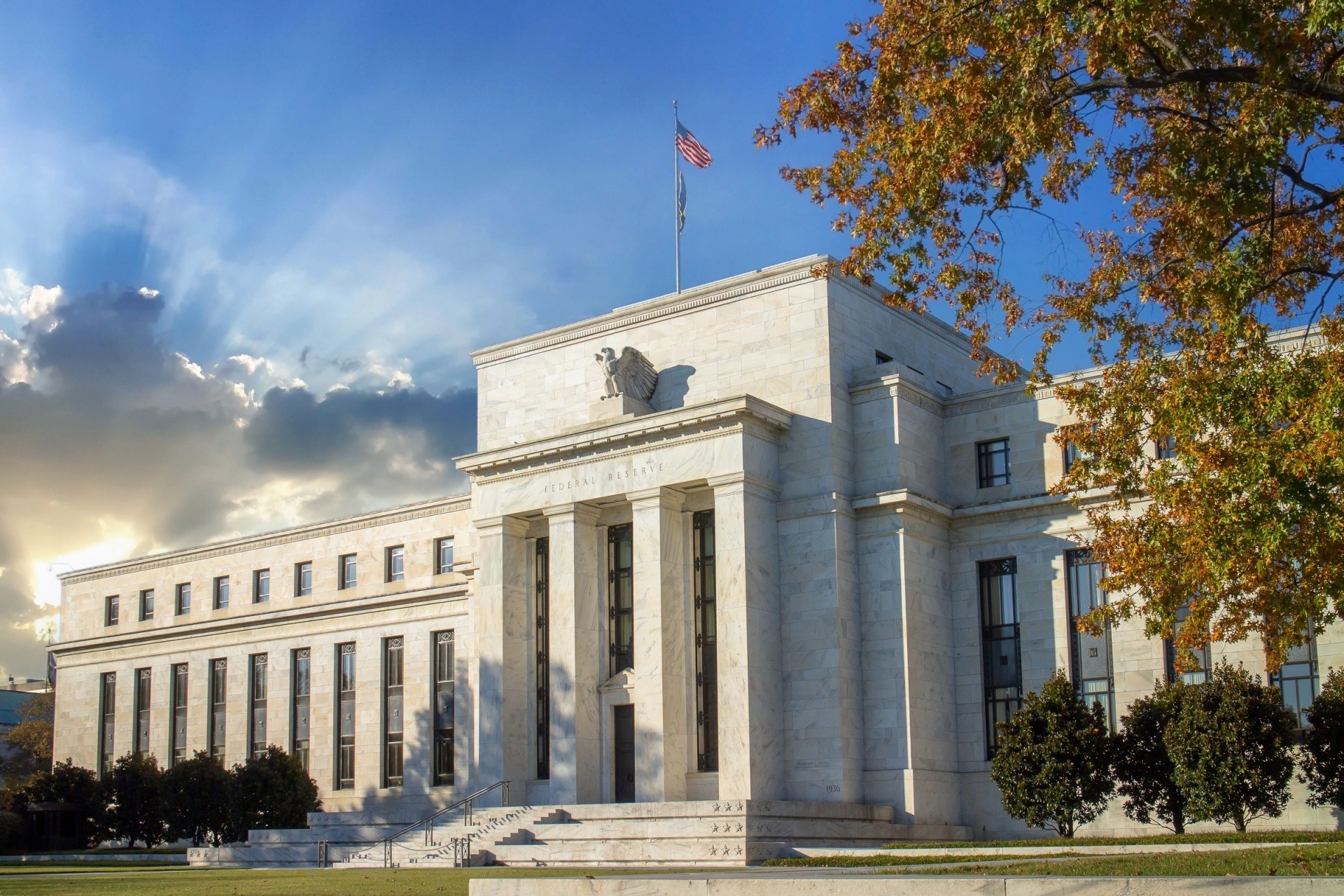Weekly Briefing: UK Employment dips, BRICS Currency Shift, Britain’s Business Output Surge, and £405 million Blackstone UK housing deal
In this week’s briefing, we explore the UK’s slight dip in unemployment alongside a slowdown in wage growth, the surge in business output and potential rate cuts, Blackstone’s significant affordable housing deal, the evolving role of the US dollar within BRICS trade, & more.
UK Economy
UK Unemployment Rate Dips While Wage Growth Slows
- The UK’s unemployment rate slightly dipped to 4.2% in the three months to June, marking a modest improvement in the job market, though it remains higher than the 3.8% recorded in 2022.
- During the same period, wage growth slowed to 7.8%, down from 8.2% in the previous quarter, suggesting a potential easing of inflationary pressures.
- Reflecting on this trend, real wages experienced their largest increase in over a year, as reported by the Office for National Statistics (ONS), highlighting a positive shift for UK workers amid ongoing economic challenges.
- However, the ONS also noted a 13th consecutive decline in job vacancies, raising concerns about future job creation.
- Employment levels remained stable, with the employment rate at 75.6%, unchanged from the previous quarter but still lagging behind pre-pandemic levels.
- The ONS observed that while the labour market shows signs of cooling, “wage growth continues to outpace inflation, offering some protection against the cost of living crisis.”
UK Business Output
UK Business Output Jumps to Highest Level in Two Years
- UK business output surged to its highest level in two years, driven by robust performances in the services and manufacturing sectors, as indicated by the latest PMI data from S&P Global.
source: s&p global
- The services sector led the way, with its PMI rising to 54.1, the strongest expansion since April 2022, reflecting renewed momentum in the UK economy.
- Manufacturing also showed signs of recovery, with the PMI climbing back into expansion territory at 50.3, buoyed by new orders and improved supply chains.
- In light of this economic strength, economists suggest that the Bank of England may continue its rate cut cycle, with markets anticipating a further 25 basis points reduction by year-end to sustain growth.
- Business confidence remained high, with 60% of firms expecting increased activity over the next 12 months, according to a Lloyds Bank survey, underscoring optimism in the business community despite global uncertainties.
- “The strong rebound in business output is a positive sign for the UK economy, indicating resilience amid global uncertainties,” said Chris Williamson, Chief Business Economist at S&P Global.
UK Housing Market
Blackstone Sells 3,000 Homes to UK Pension Fund in Major Affordable Housing Deal
- In a significant boost to the UK housing supply, Blackstone has sold 3,000 homes to the Universities Superannuation Scheme (USS) for £405 million, marking the largest affordable housing deal of its kind in the UK, according to MSCI.
- This sale is part of Blackstone’s broader UK residential portfolio, which includes approximately 20,000 homes, and represents the second-largest residential transaction in the UK this year.
- The properties acquired by USS will contribute to Sparrow Shared Ownership, a new social housing initiative aimed at addressing the UK's chronic housing undersupply by providing an affordable pathway to home ownership.
- Shared ownership schemes are designed to help individuals who cannot afford a full property purchase, although critics highlight the challenges of increasing ownership shares over time.
- The deal aligns with the new Labour government's emphasis on private investment in housing, as it works towards its target of building 300,000 new homes annually. This transaction is seen as a pivotal step in achieving that goal.
- “This transaction allows us to continue investing in affordable housing, addressing the UK’s housing crisis,” said James Seppala, Blackstone’s Head of Real Estate in Europe.
Global Economy
BRICS Countries Deem US Dollar Less Important in Global Trade
- The BRICS nations (Brazil, Russia, India, China, and South Africa) are increasingly considering the US dollar as less critical in global trade, as highlighted by Indian financial expert Dr. Anil Sooklal.
- A growing trend among BRICS countries is the use of local currencies in trade agreements, reducing their reliance on the US dollar and potentially reshaping the dynamics of global finance.
- This shift has been particularly pronounced in Russia and China, where geopolitical tensions with the West have driven a significant increase in the use of the yuan and ruble in trade settlements.
- As part of this de-dollarisation trend, BRICS nations have discussed the possibility of establishing a new international currency, which could further diminish reliance on the US dollar and have far-reaching implications for global currency markets.
- Despite these developments, the US dollar remains the dominant currency in global reserves, though its share has dropped to its lowest level in decades, according to the International Monetary Fund (IMF).
- “The shift away from the US dollar by BRICS countries could lead to a more multipolar global financial system,” said Dr. Sooklal, emphasising the long-term impacts on global trade.
Final Note
This week's developments underscore the resilience of the UK economy in the face of global challenges. The decline in unemployment and steady business output signal robust economic health. Additionally, the slowdown in wage growth, while tempered, can be seen as a stabilizing factor in the broader economic context.
The housing market remains a key area of focus, with significant transactions indicating strong investor confidence. On the global front, the changing role of the US dollar within BRICS trade may point to broader shifts in the international financial landscape.
Together, these factors illustrate the complex but resilient nature of the global economic landscape of late, shining a light on some positive economic takeaways from the UK in a somewhat divisive period.
%20(3)%20(2).jpg)







